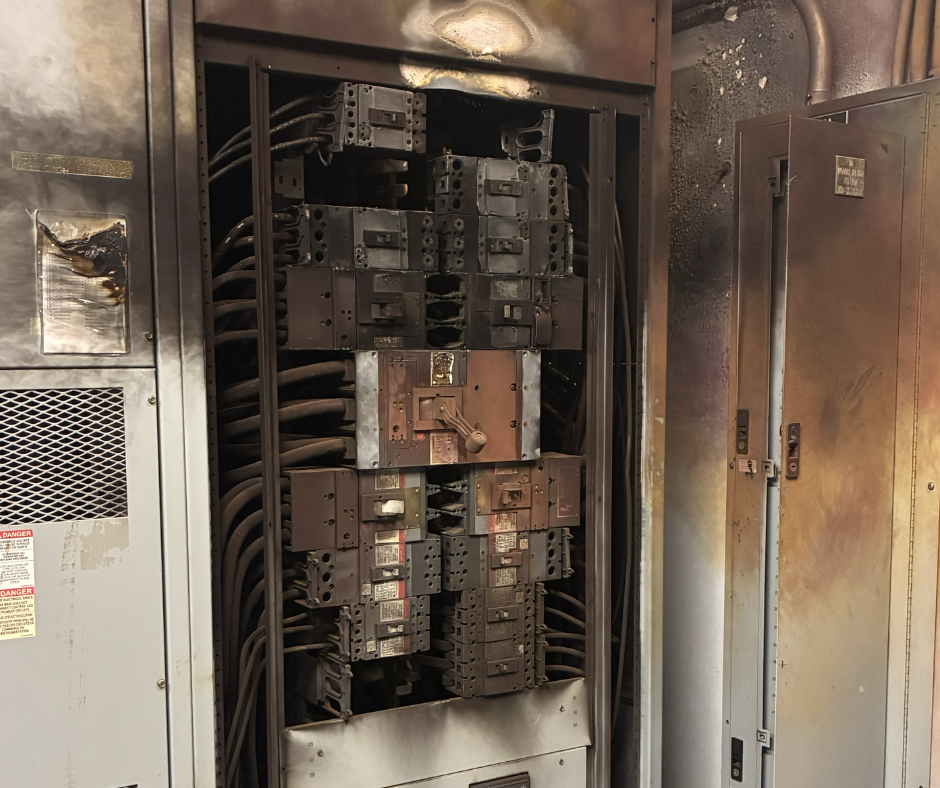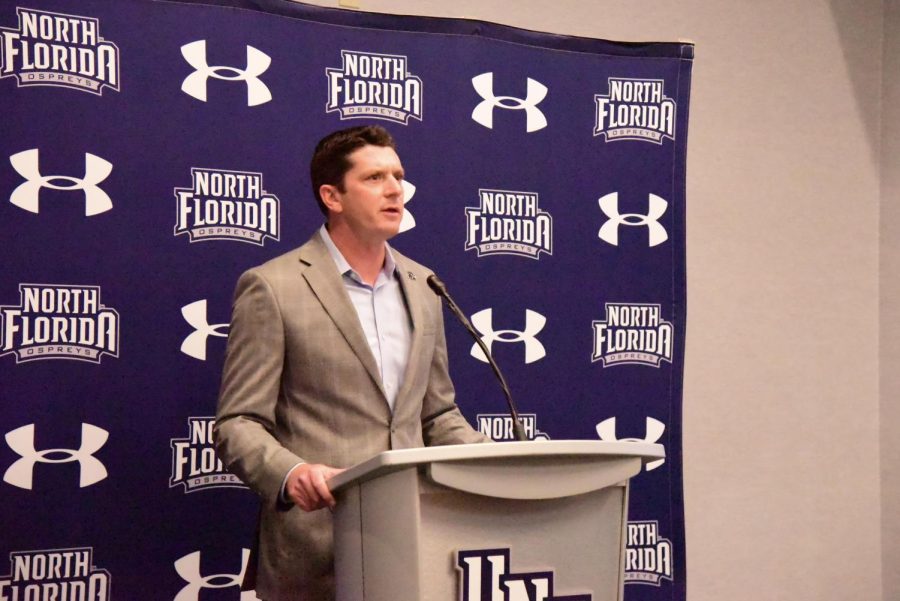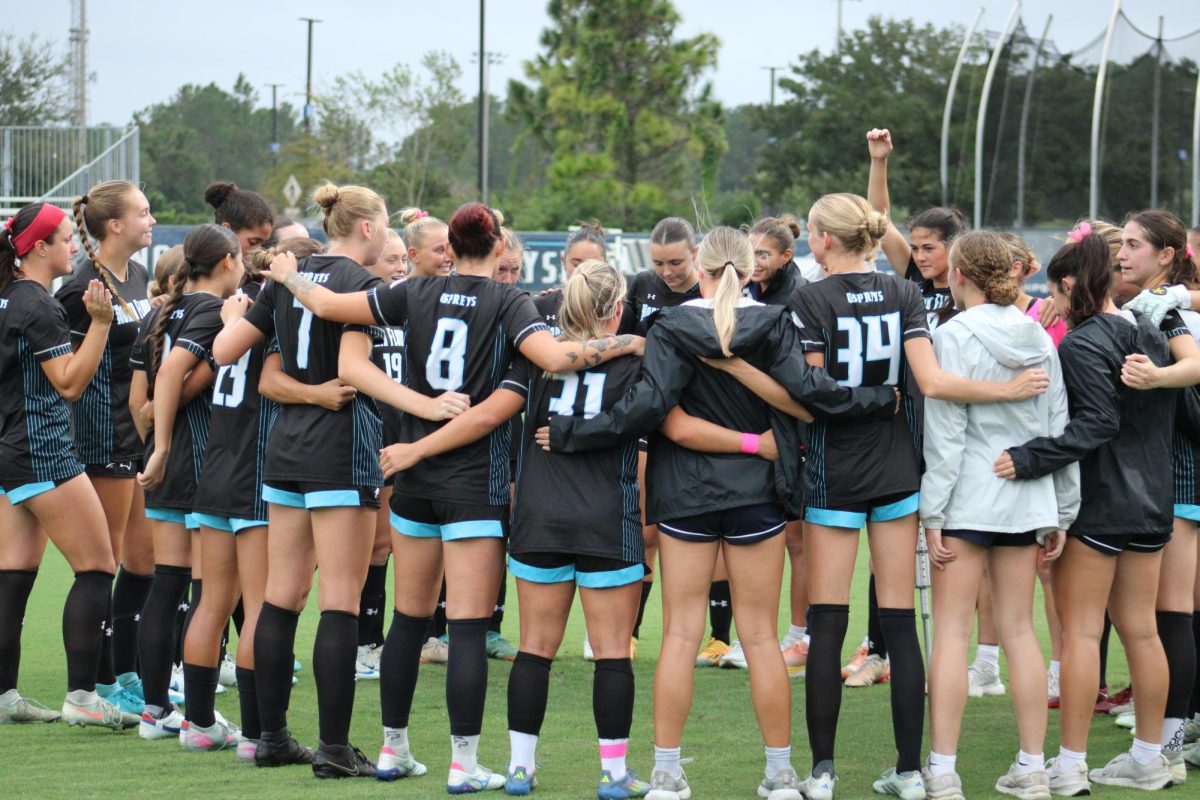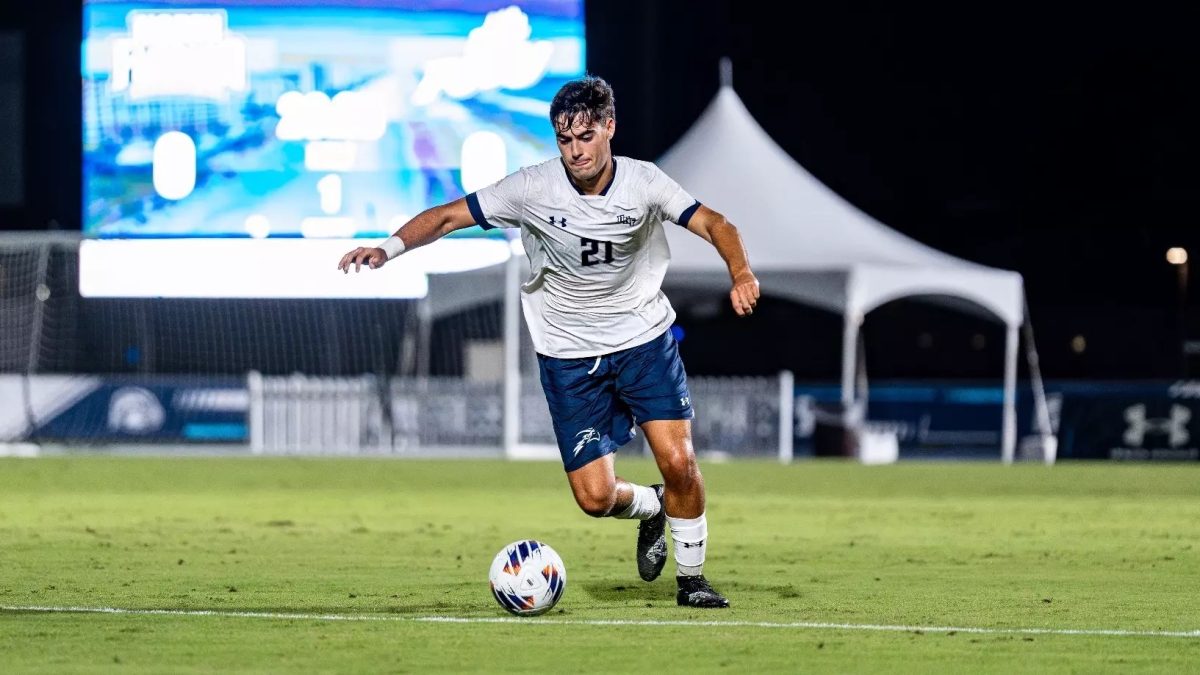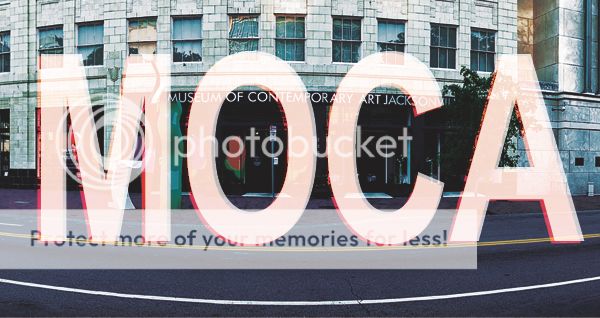
UNF’s Board of Trustees voted April 16 to allow the obtainment of the Museum of Contemporary Art and lend the institution about $500,000. This was following an 11-month review process that looked at the institution’s art collection, legal liabilities, finances and building permits.
UNF officials hope the purchase will give the university a presence downtown, assist with gaining more prestige and open opportunities to work with local artists and the community at-large.
“This is part of the branding we want to establish in North Florida,” UNF President John Delaney said. “It just looks like a wonderful academic opportunity that doesn’t come along often.”
However, this move comes on the heels of a 15 percent tuition increase statewide, an increase in student A&S fees, UNF budget cutting and a loss of state revenue.
But Delaney said he sees this as an “18-month experiment” that is a “no risk” financial investment
for the university. He also said the money to invested in MOCA did not come from the tuition increases but separate foundational funds. Delaney said if UNF did nothing, without a new source of capital, the museum would close its doors.
Although MOCA Director Deborah Broder said she was excited about the purchase, she said no one on the MOCA Board of Directors discussed the idea of closing the museum, but they did discuss cutting a number of programs and exhibitions.
MOCA’s Financial State
Between the fiscal years of 2004-2007, MOCA has shown a steady decrease in net assets, while turning a budget surplus into a deficit, according to its Internal Revenue Service 990 forms.
In the 2004 fiscal year, the museum reported a $271,306 budget surplus. That same year it reported a combined revenue — interest, appreciation, public donations, government grants and fees — of about $2 million.
In the 2007 fiscal year, the last year data is available, the museum reported a $401,203 deficit.
That same year, it reported a combined revenue of about $2 million.
The Chairman of the MOCA Board of Directors and active supporter of Delaney, Preston Haskell, said the current financial problems are due to a lack of revenue.
“Two years, ago the museum really began to decline in contributed revenue, which makes up about 60 percent of the budget,” Haskell said. He also said in the last year, the recession has hurt MOCA’s endowment portfolio, city and state funding as well as its private funding.
However, there was a more than $200,000 increase in direct public contributions between fiscal years 2004 and 2007, and MOCA’s total revenue only decreased by about $20,000 between those years, according to its IRS 990 forms.
While the operating expenses increased by more than $600,000 between 2004 and 2007, contributions from the government and private benefactors decreased nominally. The mounting deficit prompted MOCA’s board to begin discussions with UNF.
The institution was in such dire straights that without the UNF acquisition, Haskell said, the museum would experience a reduction in public programs and exhibitions and would even have to consider closing substantial portions of the building.
The Debate
UNF Art Professor Jim Draper, said the university’s move is in the right direction. Draper taught figurative painting at MOCA in spring 2009. He said the museum is a great place to teach, and is looking forward to teaching there again. The only concern Draper had was parking, but most of UNF’s classes were taught in the late afternoon when street and garage parking was free, he said.
However, not all in the community are looking forward to the addition. Jacksonville City Councilmen Clay Yarborough, one of the two dissenting votes on the merger in January, said he could not support the merger for fiscal reasons. He could not support the bill because it included a waiver allowing MOCA to continue to receive city funding through the Cultural Council of Jacksonville, even though MOCA should become ineligible since it is owned by the state agency UNF, Yarborough said.
“First and foremost, the taxpayers expect us to pay for police and fire departments and then parks, roads and libraries,” he said. “I see the city getting a little out of the scope as far as giving funding [for MOCA.]”
Haskell and MOCA
Steve Halverson, president and CEO of Haskell Company, was formerly a member of the Board of Trustees at UNF. As a trustee, Halverson was also on the Presidential Search Committee, which resulted in bringing Delaney to UNF as president. Delaney is the best university president of the 11 state universities, he said.
Halverson decided to leave the board at UNF so his company could join in on the construction of the newest dormitories at UNF, Osprey Fountains, an estimated $81 million project. The Fountains project was in the top 30 percent of the company’s projects, referring to costs, he said. Halverson thought it was time for him to step down rather than to cause a conflict of interest, he said.
Halverson acknowledged that when UNF acquired MOCA, it also inherited a small debt to the Haskell Company but said the figure was very small and “not a big deal to the … company.” The Haskell Company has offices in Dallas and Mexico City as well as its headquarters in Jacksonville.
Worst case scenerio
Although the board approved the ability for UNF to sell the art to make up for the $500,000 loan, Delaney said the art would not be sold to pay for operational costs unless the museum had to close.
But selling art for anything other than expanding a museum or university’s portfolio is looked down upon in the industry and could result in decreased contributions, said Graham Beal, director
of the Detroit Institute of Arts.
Beal said Delaney should do whatever it takes to keep the art displayed, even if that meant closing
the museum and showing the art at the university. However, if the deal goes bad, the proceeds from the sale of the art would be used to pay off the university’s investment, Delaney said.
If everything goes right The UNF-MOCA relationship will be reviewed in summer 2010, and the plan is to have the museum in a self-sustaining and maybe profitable state, Delaney said. “We do not plan on subsidizing the museum,” he said.
Delaney, as well as Broder, said the deal brings a greater UNF presence into the downtown area.
Delaney said he hopes the dealings succeed and last permanently.




